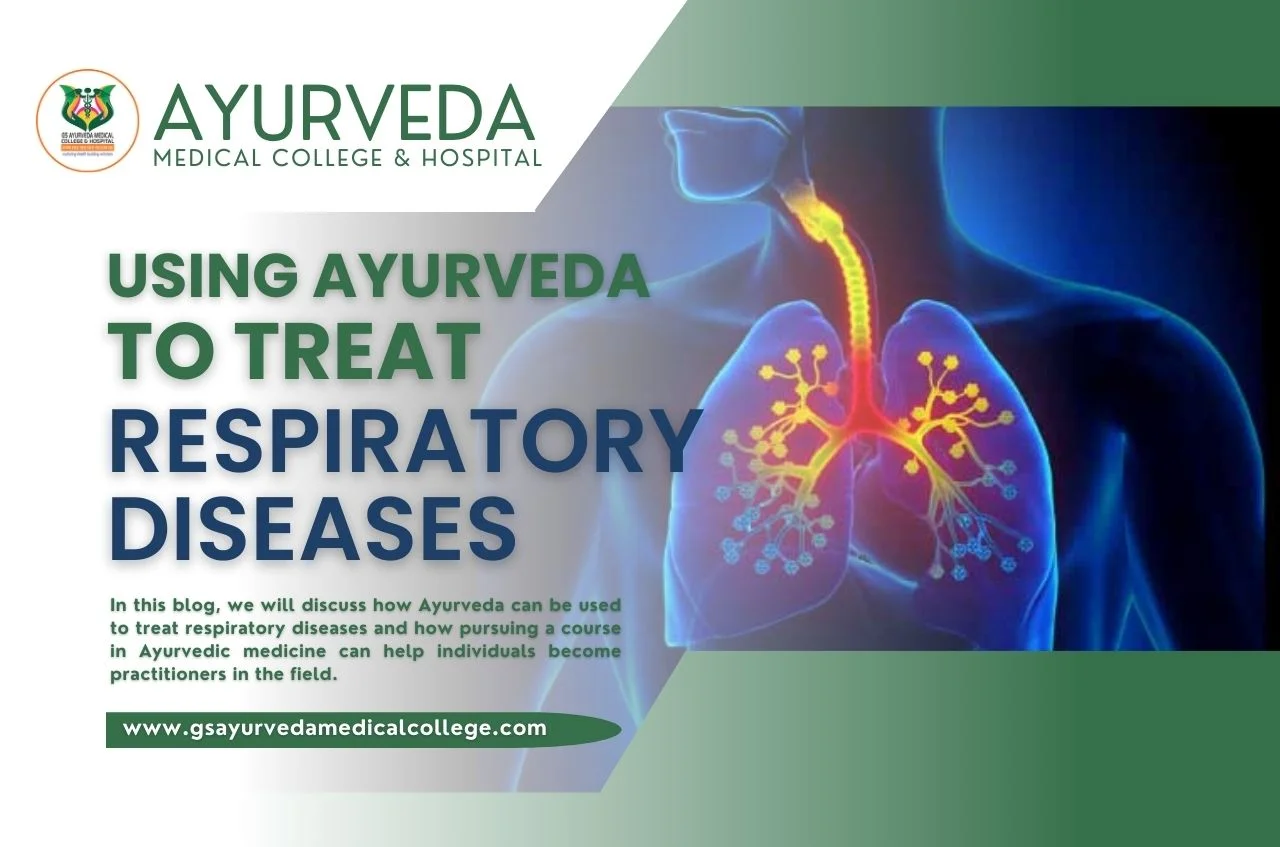
Using Ayurveda to treat Respiratory Diseases
Ayurveda is an ancient Indian system of medicine that has been in use for thousands of years. It is a holistic approach to health and wellness that emphasizes the balance between mind, body, and spirit. Ayurveda offers many remedies for the treatment of various diseases, including respiratory diseases. In this blog, we will discuss how Ayurveda can be used to treat respiratory diseases and how pursuing a course in Ayurvedic medicine can help individuals become practitioners in the field.
Respiratory diseases are a common health concern affecting individuals worldwide. Some of the common respiratory diseases include asthma, chronic obstructive pulmonary disease (COPD), bronchitis, and pneumonia. These diseases can be caused by various factors such as pollution, smoking, infections, allergies, and genetics. Ayurveda offers various remedies for the treatment of respiratory diseases that focus on improving lung function, reducing inflammation, and managing respiratory symptoms.
Herbs for the Respiratory Treatment
Ayurvedic herbs are a significant part of Ayurvedic treatment for respiratory diseases. Some of the commonly used herbs in Ayurveda for respiratory diseases include Tulsi (Holy Basil), Ginger, Licorice, Vasaka (Malabar Nut), and Pushkarmool (Inula racemosa).
Tulsi, also known as Holy Basil, is a potent herb used in Ayurveda for its antimicrobial and anti-inflammatory properties. Tulsi helps in reducing inflammation in the respiratory tract and improving breathing. Tulsi can be taken in the form of tea, powder, or as a part of Ayurvedic herbal formulations.
Ginger is another herb commonly used in Ayurveda for respiratory diseases. Ginger is known for its anti-inflammatory and expectorant properties, which make it an effective remedy for cough and congestion. Ginger can be taken in the form of tea, powder, or as a part of Ayurvedic herbal formulations.
Licorice is a well-known herb used in Ayurveda for its expectorant properties. It helps in clearing the respiratory tract and improving breathing. Licorice can be taken in the form of tea, powder, or as a part of Ayurvedic herbal formulations.
Vasaka, also known as Malabar Nut, is a herb used in Ayurveda for its bronchodilator and expectorant properties. It helps in improving lung function and reducing inflammation in the respiratory tract. Vasaka can be taken in the form of tea, powder, or as a part of Ayurvedic herbal formulations.
Pushkarmool, also known as Inula racemosa, is a herb commonly used in Ayurveda for respiratory diseases. Pushkarmool is known for its bronchodilator and expectorant properties, which make it an effective remedy for cough and congestion. Pushkarmool can be taken in the form of tea, powder, or as a part of Ayurvedic herbal formulations.
Ayurvedic Oils
Apart from these herbs, Ayurveda also emphasizes the use of Ayurvedic oils for the treatment of respiratory diseases. Ayurvedic oils such as Mahanarayan oil, Sahacharadi oil, and Ksheerabala oil are commonly used for the treatment of respiratory diseases. These oils are applied topically and are known for their anti-inflammatory and analgesic properties.
Breathing Techniques
In addition to herbal remedies and Ayurvedic oils, Ayurveda also recommends various breathing techniques for the treatment of respiratory diseases. Pranayama, a yogic breathing technique, is known to improve lung function and reduce stress. Anulom Vilom, Kapalbhati, and Bhramari are some of the pranayama techniques that are commonly recommended for the treatment of respiratory diseases.
Lifestyle Changes
Ayurveda also emphasizes lifestyle modifications to manage respiratory diseases. Ayurveda recommends avoiding cold and damp places, staying away from allergens and pollutants, and practicing breathing exercises to improve lung function. Ayurveda also recommends dietary modifications to support respiratory health, such as eating warm, easily digestible foods and avoiding cold and heavy foods.
Ayurvedic Courses
Individuals who are interested in pursuing a course in Ayurvedic medicine can consider GS Ayurveda Medical College, one of the best BAMS colleges in UP and Delhi. The college offers a four-and-a-half-year Ayurveda Medicine course, followed by a one-year internship. The course covers various aspects of Ayurveda, including anatomy, physiology, pharmacology, and traditional Ayurvedic treatments.
GS Ayurveda Medical College is one of the best private BAMS colleges in Delhi and Uttar Pradesh. The college has experienced faculty members who are experts in their respective fields. The college is equipped with modern facilities and resources to provide students with the best possible education and training.
The Ayurvedic Medicine course at GS Ayurveda Medical College covers various topics related to respiratory diseases, including the use of Ayurvedic herbs, oils, and breathing techniques for the treatment of respiratory diseases. The course also emphasizes the importance of a healthy lifestyle and diet for maintaining respiratory health. Students are taught the principles of Ayurveda and how to diagnose and treat respiratory diseases using Ayurvedic remedies.
In addition to GS Ayurveda Medical College, there are many other BAMS college in UP that offer courses in Ayurvedic medicine. These colleges provide students with the knowledge and skills necessary to become practitioners of Ayurvedic medicine and help individuals manage their respiratory diseases using natural and holistic remedies.
Conclusion
In conclusion, Ayurveda offers many effective remedies for the treatment of respiratory diseases. Ayurvedic herbs such as Tulsi, Ginger, Licorice, Vasaka, and Pushkarmool are commonly used in Ayurvedic treatment for respiratory diseases. Pursuing a course in Ayurvedic medicine, such as the one offered by GS Ayurveda Medical College, can help individuals become practitioners in the field and provide patients with natural and holistic remedies for managing respiratory diseases. With the increasing interest in natural and alternative forms of medicine, Ayurveda is becoming a popular choice for individuals seeking relief from respiratory diseases and other health concerns.

